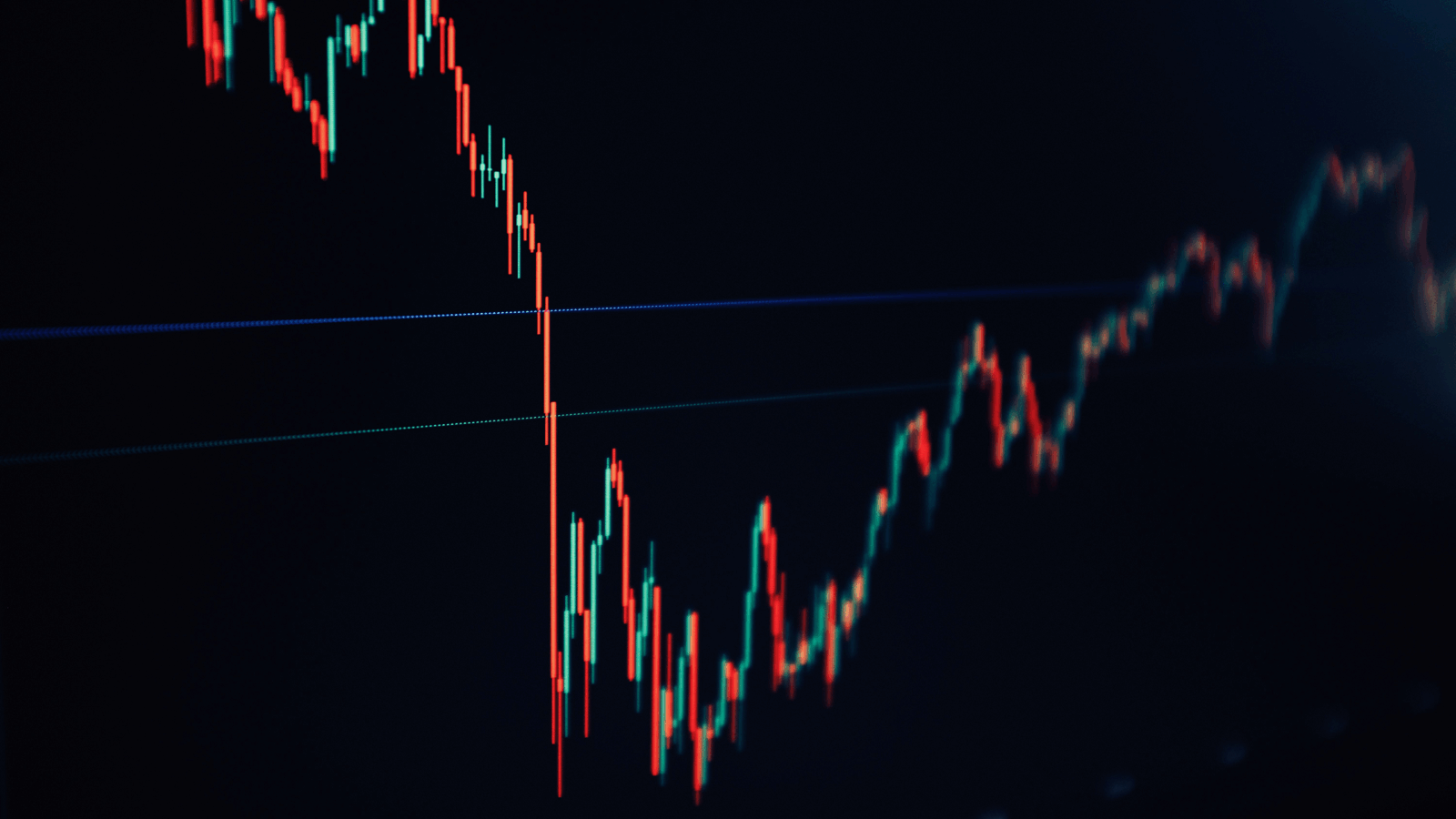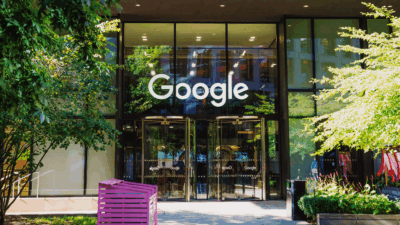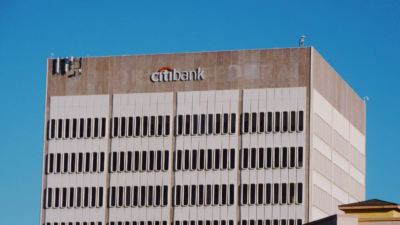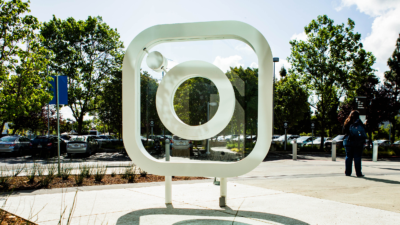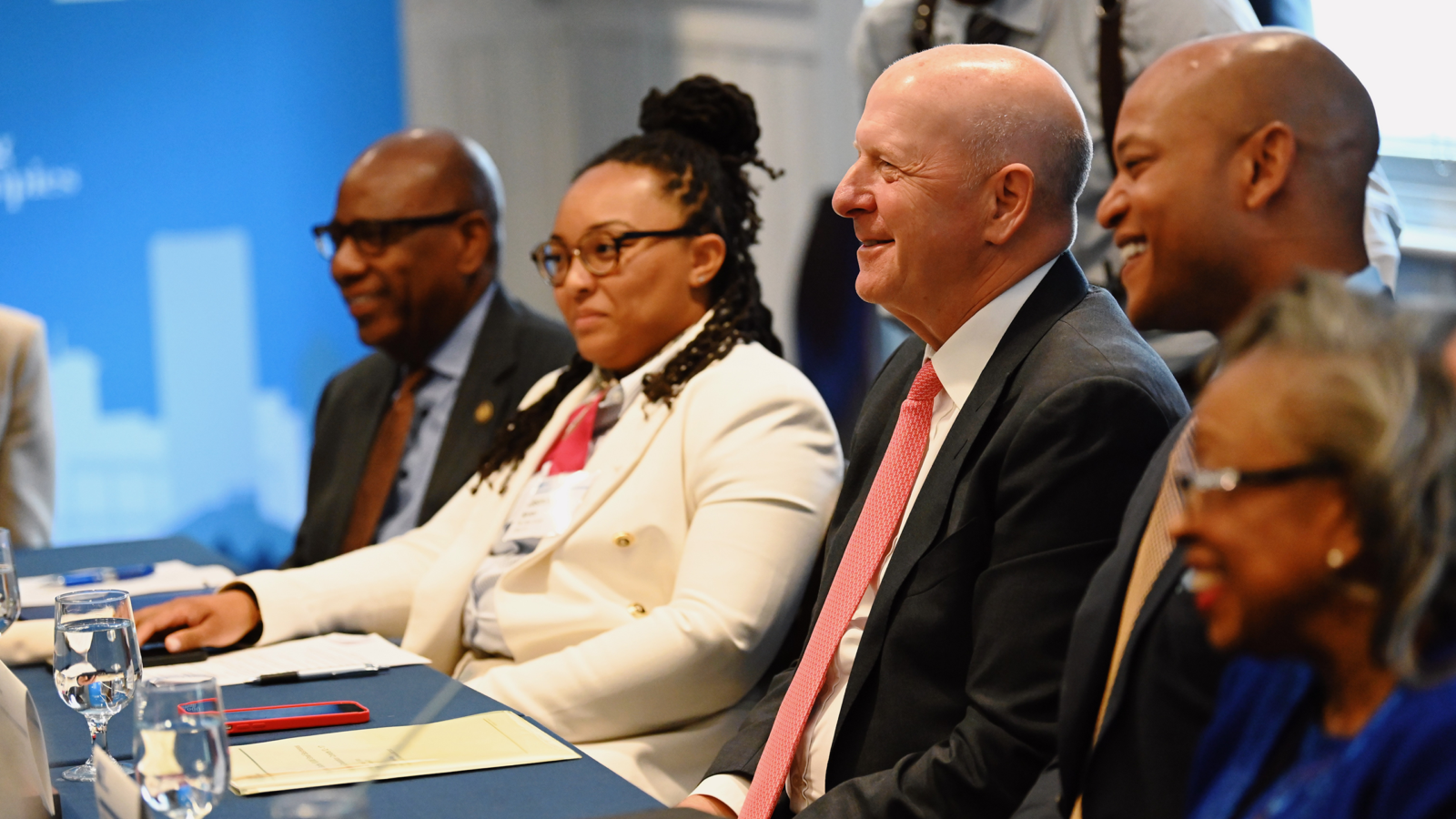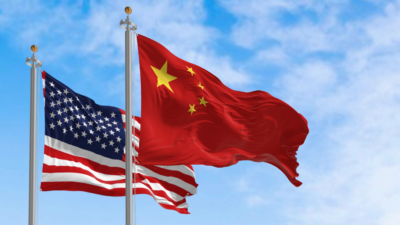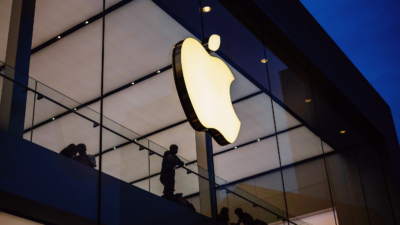Apple Card Plays ‘Spin the Bottle’ With Finance Giants
Visa has offered $100 million replace Mastercard as the network of choice for Apple’s credit card, according to The Wall Street Journal.
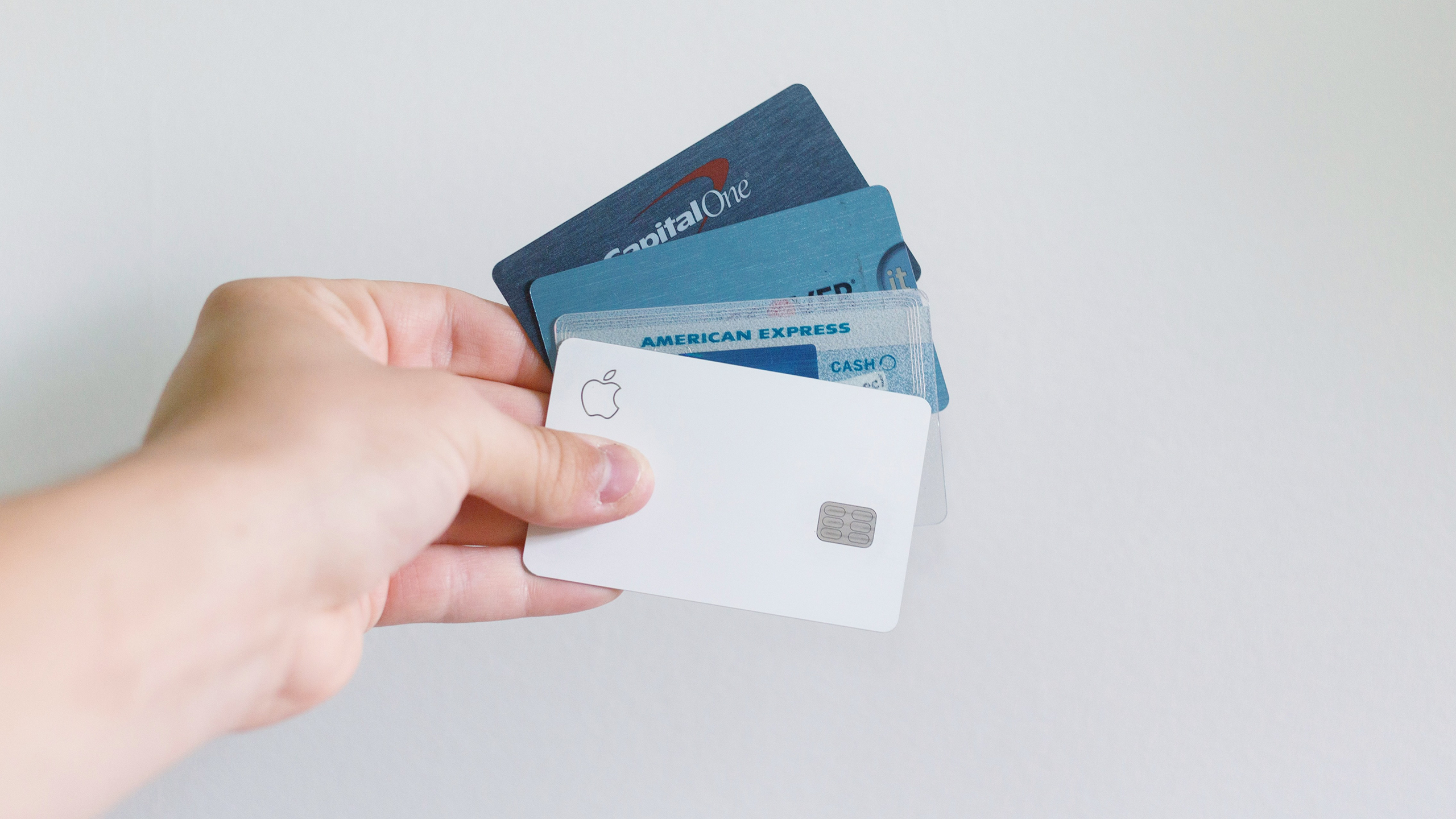
Sign up for smart news, insights, and analysis on the biggest financial stories of the day.
The biggest names in payments are jockeying for a bite of the Apple.
Earlier this week, The Wall Street Journal reported that Visa offered $100 million to convince the tech giant to drop Mastercard as the network of choice for its credit card, which has some 12 million users. Mastercard and American Express are said to be mounting rival campaigns — but the drama goes well beyond the jousting of payments providers.
Culture Shock to the Core
This whole juicy affair comes on the heels of an effective disaster for Goldman Sachs.
The bank made what was advertised as a “game-changing” move in 2019, signing up as the banking partner on Apple’s credit card when it launched. But then came the realization that — at their core — these partners were very different operators.
In its consumer-focused tech mindset, Apple pressed for almost all card applicants to be approved. Of course, that’s not how sober banks like Goldman work, and the Wall Street titan ended up saddled with loan losses — at one point in 2022, Goldman’s loss rate on credit card loans was the worst among all American issuers, worse at 2.93% than even subprime lenders. Goldman lost hundreds of millions on the deal, according to analyst estimates, and has been in talks for an exit since 2023. That’s the backdrop of Visa’s current opportunity:
- While the Apple Card was bad business for Goldman, the tech company makes money off the product by offering rewards and incentives to its most ardent brand enthusiasts to spend in the Apple store. The card’s network provider, of course, gets a cut of transactions and could play a role in the future of Apple’s increasingly massive payments ecosystem, hence the appeal to Visa, Mastercard and Amex.
- Meanwhile, JPMorgan, Capital One, Synchrony Financial, and a handful of other banks — all with more experience serving Main Street than the investment-focused Goldman — have made inquiries about taking over the program, which has about $20 billion in balances.
Car(d) Troubles: For Goldman, the fiasco was a big spur for its return to basics. Last year, the bank announced it was taking a $400 million pre-tax hit in the third quarter as it worked to unwind a series of ambitious consumer initiatives whose produce looked less like the golden apples of Greek myth than fruit suffering a bad case of frostbite. One of those initiatives was another branded credit card, this one with automaker GM: Goldman will officially hand that program off to Barclays this summer. While the consumer retreat meant some sting, Goldman ultimately reasserted its financial world muscle: Goldman’s equity trading business made a record $13.4 billion in net revenue last year. The obvious lesson: Stick to your knitting, especially if your knitting is rich people, who generally don’t knit.
